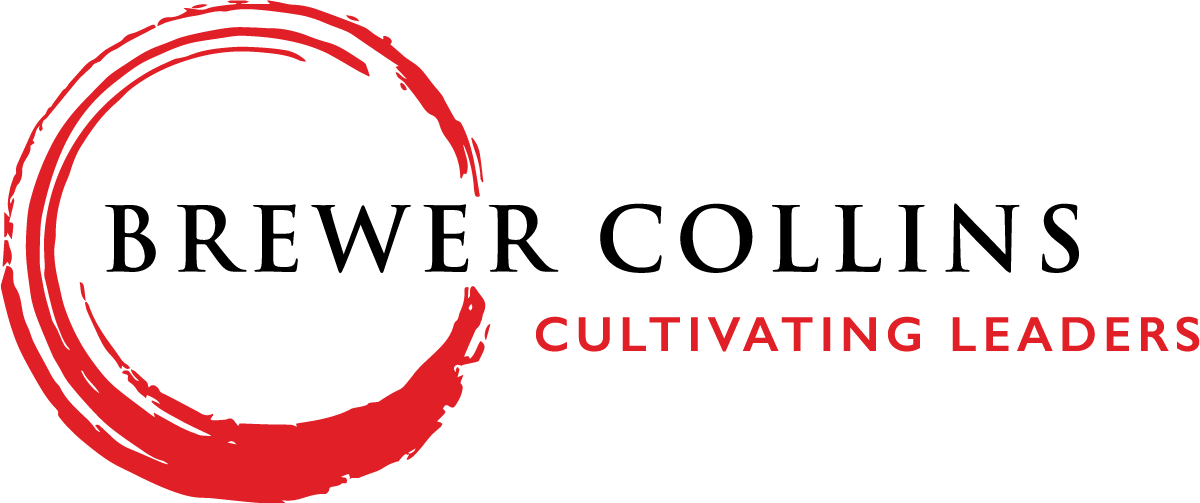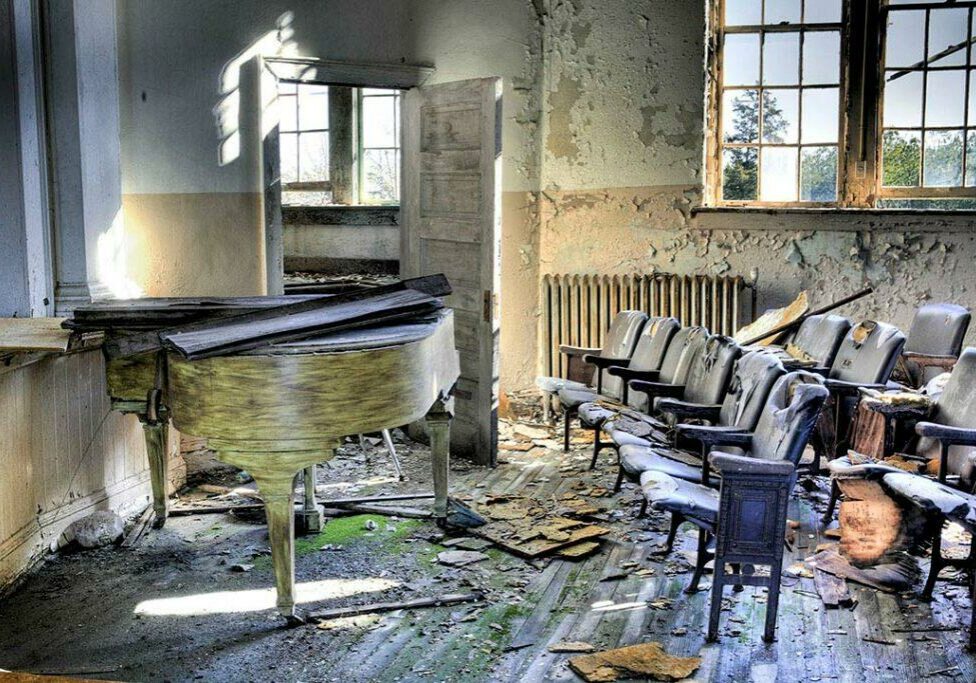A Transformative Decision-Making Practice for Business Leaders
Aug 30, 2023. By Lori Brewer Collins

As a business leader, decision making and problem solving are in your DNA. These skills are, rightly, lauded and developed in the corporate world. But what do you do about those intractable problems and unresolvable dilemmas that keep you awake at night?
Perhaps it is no surprise that mindfulness—the capacity to still yourself, to deeply listen, to tap into a deeper awareness as you are engaging with human beings on different levels all the time—has become an essential executive skill. While this is an alternative method of discernment, one that can profoundly shift the way you approach both professional and personal quandaries, it takes time and practice to develop.
Being aware of this, I have effectively adapted certain principles from what Quakers refer to as “Clearness Committee” to my own team facilitation. This principled approach encourages deeper awareness that helps broaden a person’s perspective beyond what they understand and know in a given situation. Often this illuminates an alternative pathway forward that they had not seen before. I’m indebted to Dr. Margaret Benefiel, executive director of the 501(3)(c) Shalem Institute for Spiritual Formation in Washington DC, for guiding me into this practice.* [SHOUT OUT: Dr. Benefiel’s 2005 book Soul At Work: Spiritual Leadership in Organizations has been instrumental in my own development. Parker J. Palmer says it’s a “must-read for anyone who wants the workplace to become more life-giving for all concerned.”]
CLEARNESS COMMITTEE
In today’s business world, we often find ourselves operating in a reactive mode. The “Clearness Committee” approach offers a radical shift from this pattern. It is an empathetic gathering focused on careful, attentive listening, a skill often underused in the corporate world.
“So many groups, when they get together and are wrestling with something, focus on giving advice, fixing things, providing solutions. A Clearness Committee is the opposite of that. One person shares their dilemma or questions with the group. The group listens to the spirit stirring in that individual, and shares what they are moved to share, whether that is about who the person is being, what they are doing, or the idea that they just need to live more with the questions.”
—Dr. Margaret Benefiel
A Clearness Committee gathering usually involves only a small group of individuals, facilitated ideally by a spiritual director, mentor, or trusted coach, who are all focused on helping one person “get clear”. The point of the gathering is not to rush to definitively come up with an answer to “solve” their “problem”. The point is to draw out precious wisdom from the people assembled, foster deep insights, and possibly clarify a way forward. Everyone comes into the gathering with an open mind and heart, as well as a willingness to pay attention to what is stirring. Participants listen for how “the spirit” might be communicating with them as to what the person is being led to do and who they are being led to be. Then they just as patiently discern whether the message they receive is intended for their own reflection or is meant to be shared with the collective. Unless they feel moved to share by speaking, people remain silent. After each person shares, there is no cross-talk.
This focus on internal stirrings and absence of dialogue creates the space for very deep listening and truly authentic sharing. People are powerfully present with each other. Their silent engagement unveils profound insights that might be missed in the regular flow of dialogue. By not engaging in back-and-forth conversation, everything and everyone is heard. This approach stimulates a willingness to consider other ideas and perspectives which, in turn, helps people break free from the constraints of their habitual thinking and viewpoints.
Harkening back to my personal experience of a Clearness Committee meeting, it’s hard to put into words what it’s like. You certainly can’t hide from yourself in this kind of process. In my case, it has allowed me to articulate my thoughts and silently absorb others’ responses. And that has definitely helped me see some truths about myself and individuals with whom I have had some difficulty. How I see both myself and them has shifted and literally transformed how I engage with them.
In my world as a facilitator, I have adapted this process to the business setting. As the trusted guide, I create the container for powerful listening and uphold its sanctity. Individuals patiently listen to their trusted colleagues in anticipation of hearing perspectives they would not have otherwise heard. The person who is in listening mode, once the others have provided their input, reflects back to the group what was powerful for them and their gratitude. The leaders I have worked with who have used this approach find that, by enlarging and enriching their ground of understanding, they discover fresh, unexpected perspectives on possible ways to move forward.
This is the kind of mindfulness that enables business leaders to access the transformative power of deep listening and the profound wisdom it may reveal.
As a business leader, you are often called on to make a binary choice: should you take one action or another. In my experience, an adapted version of the Clearness Committee frequently reveals that the answer isn’t always about choosing between two options. Instead, it may be more about discerning the essence of who you are in the matter at hand, and seeing how this dimension of self-knowledge can add to and guide your actions.
In today’s world, leadership is less about providing indisputable solutions to simple problems. Now it’s more likely to be about finding direction from within and benefiting from the collective wisdom of your colleagues as you navigate your team, your business unit, or your organization through a constantly shifting sea of complex, inter-related problems. Imagine the potential impact of shifting from purely solution-driven, either/or discussions to wisdom-driven discernment within your organization….
* ANNOUNCEMENT
If you’d like to learn more about contemplative traditions, the Shalem Institute will be hosting a dialogue between Cole Arthur Riley and Jim Finley, winners of their 2023 Contemplative Voices Award, on November 19, 2023 from 3 to 5 pm Eastern. For more details of this public online event, contact the Institute at info@shalem.org or 301-897-7334.





